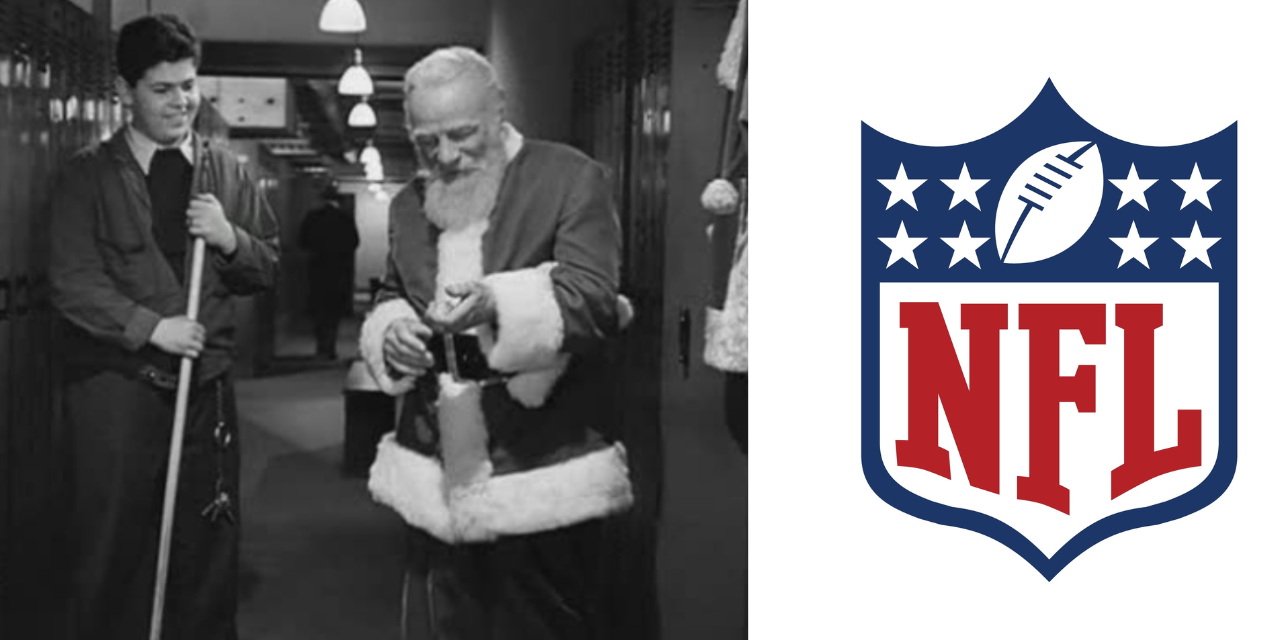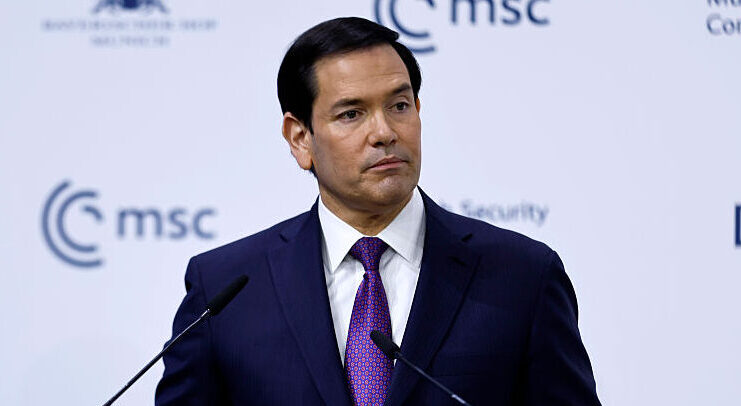The NFL and Christmas Day: Make a Buck, Make a Buck

Christmas Day is just over seven months away, so there’s a good chance you haven’t given too much thought to this year’s upcoming sacred celebration of Jesus’ miraculous birth.
The same can’t be said for the NFL or Netflix, which just inked an historic three-year deal for the right to broadcast games on Christmas Day. Last week’s Wall Street Journal reported the popular streaming network will pay the NFL $75 million per game this year.
Last week’s release of team schedules revealed that this year’s Yuletide matchups will feature the Super Bowl Champion Kansas City Chiefs facing off against the Pittsburgh Steelers at 1 p.m. ET, and the Baltimore Ravens against the Houston Texans at 4:30 p.m.
While NFL games on Christmas Day have been historically rare, they’re hardly unprecedented. All told, there have been 30 games played on the holiday, including each of the last four years, with three both in 2022 and 2023.
Yet, over the years, the NFL seemed at times to go to great lengths to avoid scheduling any Christmas games at all. In 1976, the league opened the season a week earlier in order to sidestep the conflict altogether. Across several decades, if Christmas fell on a Sunday, regular season and even playoff games were scheduled for Saturday and Monday.
Incidentally, at 3-0, the Philadelphia Eagles have the most wins on December 25, while the Cowboys, Cardinals and Vikings are winless, and at three each, have the most losses.
At the risk of stating the obvious, money is driving the normalization of professional football on Christmas. Ratings are proving strong, with nearly thirty million viewers per game tuning in the last few years.
The NBA began playing basketball on Christmas Day back in 1947. In fact, the only time there wasn’t a professional basketball game on December 25 was in 1998 due to a lockout.
Advocates for the NFL’s Christmas trend also cite football’s historically popular relationship with Thanksgiving, a tradition that long predates the NFL. College football began hosting a championship game on Thanksgiving in 1876. Although decades before any commercial broadcast was even possible, there were strong objections.
An 1893 editorial in the New York Herald condemned the tradition. “Thanksgiving is no longer a solemn festival to God for mercies given,” editors wrote. “It is a holiday granted to the state and nation to see a game of football.”
The paper’s objection fell on deaf ears. The NFL eventually followed suit and began scheduling as many as six games on Thanksgiving. Matthew Andrews, a history professor at the University of North Carolina at Chapel Hill, told CNN, “Of course they played on Thanksgiving, because by 1920 Thanksgiving meant football and football meant Thanksgiving. The NFL would’ve been missing a critical opportunity to popularize the game if they had not played on Thanksgiving Day. It almost would’ve been un-American.”
Yet, Thanksgiving and Christmas are distinctly different celebrations. Normalizing professional sports on a day dedicated to celebrating our Savior’s birth unsettles many, and for understandable reasons. Is the extra outside entertainment necessary? Are we that hapless or personally challenged as to need the crutch of a sporting event to bridge conversation between dinner and dessert?
Many may suggest that Christmas retains its uniqueness, that a few games do nothing to diminish its sacredness and specialness. It’s true that nothing man does can ultimately destroy what God designs, but the evolution of sports encroachment on Christmas recalls a classic scene from perennial holiday favorite, “Miracle on 34th Street.”
Alfred, Macy’s janitor, stops sweeping the locker room floor to talk with Kris Kringle, the department store’s Santa Claus. Commiserating with Kris that the toy department would rather sell a toy a child doesn’t want than send their parent to another store to buy the one they desire, the pudgy teen sighs.
“Yeah, there’s a lot of bad ‘isms’ floatin’ around this world, but one of the worst is commercialism,” he says. “Make a buck, make a buck. Even in Brooklyn it’s the same – don’t care what Christmas stands for, just make a buck, make a buck.”
The NFL is making a lot of bucks, but should those bucks be coming from Christians on Christmas?
Image from Shutterstock.
ABOUT THE AUTHOR
Paul J. Batura is a writer and vice president of communications for Focus on the Family. He’s authored numerous books including “Chosen for Greatness: How Adoption Changes the World,” “Good Day! The Paul Harvey Story” and “Mentored by the King: Arnold Palmer's Success Lessons for Golf, Business, and Life.” Paul can be reached via email: Paul.Batura@fotf.org or Twitter @PaulBatura
Related Posts

10 Quotes from Secretary of State Marco Rubio’s Munich Address
February 16, 2026

Female Athletes Beg California Interscholastic Federation to Keep Boys Out of Girls Sports and Locker Rooms
February 16, 2026

On Presidents Day, Pray for President Trump
February 16, 2026

The Refreshing Patriotism of Olympian Jasmine Jones
February 13, 2026
